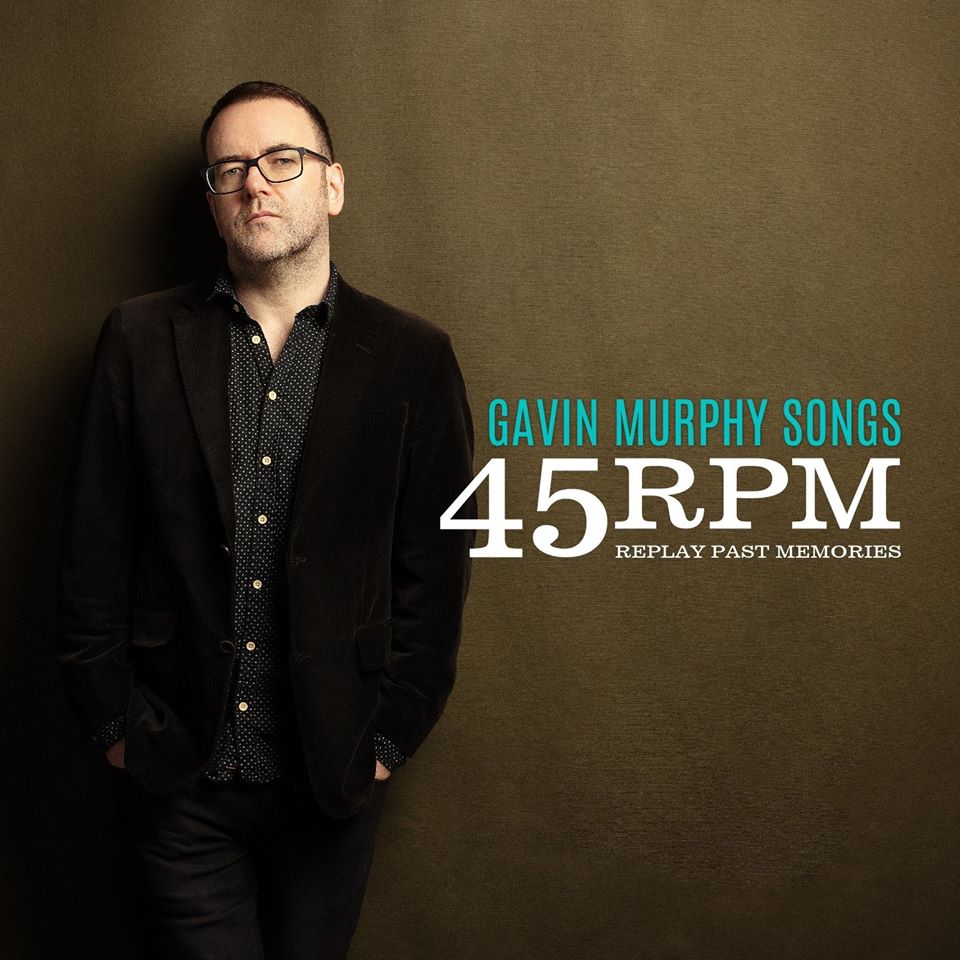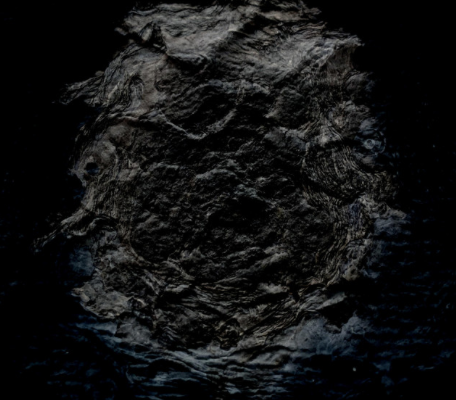Immerse yourself in the dark, thought-provoking world of Elias Caldwell as he unveils the intricate layers of his latest album, The Ruination of Yggdrasil. In this exclusive interview, Caldwell discusses his transition from childhood influences and industrial roots to the haunting realm of ambient doom metal. Grappling with themes of nuclear desolation, existential angst, and the shattering of ancient myths, he provides a raw, unfiltered look at his creative process and philosophical musings. Dive deep into the abyss with Caldwell as he explores music as a conduit for reflection and resilience.
Elias Caldwell, welcome to A&R Factory! We’d love to dig into your album, The Ruination of Yggdrasil, what’s the concept of the LP?
So, to touch on the concept behind ‘The Ruination of Yggdrasil’, first we need to touch on the concept of ‘Desolation of Sludge’. ‘TROY’ is more of a sequel in my mind. ‘Desolation of Sludge’ was about our inevitable nuclear armageddon and the lives of those affected by it, the survivors. Imagine living through an event like global nuclear war. Your death is not assured but your misery is assured. I think it’s safe to say many people would rather die immediately than have to pick up the pieces.
Thats where we pick up The Ruination of Yggdrasil in grappling with the existential questions that follow, the knowing of the poisoned well. Let’s take a look at what Yggdrasil represents in Norse mythology for a moment. We know it as “The Tree of Life”, which in and of itself is a metaphor for our ecosystem and our ability to use the land as a place to reproduce and continue on our species. Not just our own but every species. Although, in Norse mythology, it went much deeper. Yggdrasil to them was a far more metaphysical construct. You can think of it as the fabric that connects all the planes of existence from Midgard (Earth) to Valhalla to Nilheim the one constant, or the highway between these realms was Yggdrasil.
So, What does it mean for such a fundament, a vital underpinning of everything, to be ruined? The Ruination of Yggdrasil. Not only does it mean it is impossible to continue on our life cycle in any meaningful way but it also means a separation from our collective knowledge, tradition, connection to our ancestors, everything. Can you imagine a worse tragedy? Can you imagine living through this hellscape? Knowing it is all for nothing yet carrying on ever stronger.
How did ambient doom metal become a conduit of your creativity?
So, onto how I got into making this kind of music in the first place. I have been playing music for 22 of my 32 years alive. My father gave me my first guitar, which I still have, when I was 10 years old. I grew up watching him play. He was always in bands or recording music while I grew up with him. The main band that comes to mind is Scar Tissue, they were heavily influential in the industrial music scene in the Bay Area in the ’90s. I have been making music and learning my craft slowly, playing in bands myself, but mainly working on my own music. I have always been a big metalhead even though that wasn’t the music I was making. I was introduced to the idea of Stoner Metal by a friend of mine, I had always thought of it in a different way, I guess. Hearing Monolord’s ‘Empress Rising’ was a big spark of inspiration for me, that’s when I started work on ‘Desolation of Sludge’. That’s pretty much how I started work in this genre.
How do you want your listeners to feel when immersing themselves in the cinematic tour de force?
How I want people to feel? I want people to look inwardly; self-reflection and mindfulness are key, I think. This music has been designed to subliminally lull you into a flow state. I listen to it in my headphones at work all the time. It helps me slip out of my conscious thoughts of practical things, like what am I going to eat for lunch and more into meditation on more abstract things like geopolitics and conservation. I like to ruminate on history, I think about the great losses of life and liberty and how the world we take for granted has not been this way for very long at all. It would be all too easy for our system to slip back into totalitarian despotism- just like the majority of history. I do not allow myself the luxury of self-pity. Think of all the senseless loss of life going back to time immemorial and even to this very day. We primitive creatures only respond to violence or the threat of violence and all our power struggles are just attempts to consolidate the monopoly on violence. I have it really good compared to the majority of humans who have lived. I refuse to become complacent in this comfortable existence, as it could all too easily return to the status quo of brutality.
Would it be fair to say that you approach your music in quite a cerebral manner?
Do I approach my music in a cerebral way? Not while I am making it initially, later in a project’s life cycle I’ll get a bit headier with it but to start it is just raw emotion. I come home from work hot and sweaty, listening to metal all day, I turn on my amps and grab one of my stable of guitars and play really loudly. I record everything I play. I capture all my moments of improvisation. Once I have recorded a bunch of takes, I walk away. Only weeks later do I go back to an individual project (usually I’ll have recorded 20 or so of these sessions by this time). I’ll go back to listen and pick out which ones I like enough to try and edit down into a song. I work slowly I think but everyone tells me I go too fast; I’m working on that. I try to spend really short amounts of time working on any one piece, I like getting fresh perspectives on my tracks so I’ll listen to them on an assortment of speakers before I make too many changes.
What was the most gratifying part of creating the album?
The most gratifying part of creating an album? I probably have the most fun actually playing the guitar and bass parts. I actually am starting to enjoy singing too, I used to dislike it. I like to leave my studio powered up on a Friday night so after a night of partying and gaming, drinking, smoking or whatever, I will come back into the studio nice and loose, grab a guitar and lay down a killer lead part without having to turn on a bunch of gear and queue up a project. Just have all that ready so when inspiration strikes, I can hit record.
What is the motivation behind your creative ambitions?
My motivation? This is easy. The music. People have it all backwards in this industry. They look and see what people like, they say “Oh, I can make that sound then I can play shows with other people who sound like that maybe become a famous rockstar and get rich” I’m not interested in that whatsoever. I do not want any sort of undue attention to myself personally I don’t care if other people like the music even. I make music that I want to hear so that I can listen to it. I hear all these bands I love and I just think about mixing and mashing elements like a DJ. I don’t have turntables, I have guitars. Money does not factor in at all for me. When I hear that someone is an artist I immediately think, “Oh someone who has no money” and that is me, a starving artist. When a band does well and they make it big and get the record deals over and over the music goes to crap. All the rawness and emotion are gone leaving something sterile. I want my music to be a fertile ground for inspiration and emotion. If you feel something, anything, it was all worth it.
What’s next for Elias Caldwell?
What’s next? I am going to keep making more off-the-wall concept albums. I don’t know where I’m going thematically yet, but I’m recording some really heavy guitar parts this week so I think the next one is going to be even better.
Thanks so much for this opportunity for me to talk about my music, it’s kind of heavy doing all this in a vacuum.
–
Listen to ‘The Ruination of Yggdrasil’ on Spotify and follow the creative journey of Elias Caldwell on Facebook.
Interview by Amelia Vandergast




No Comments